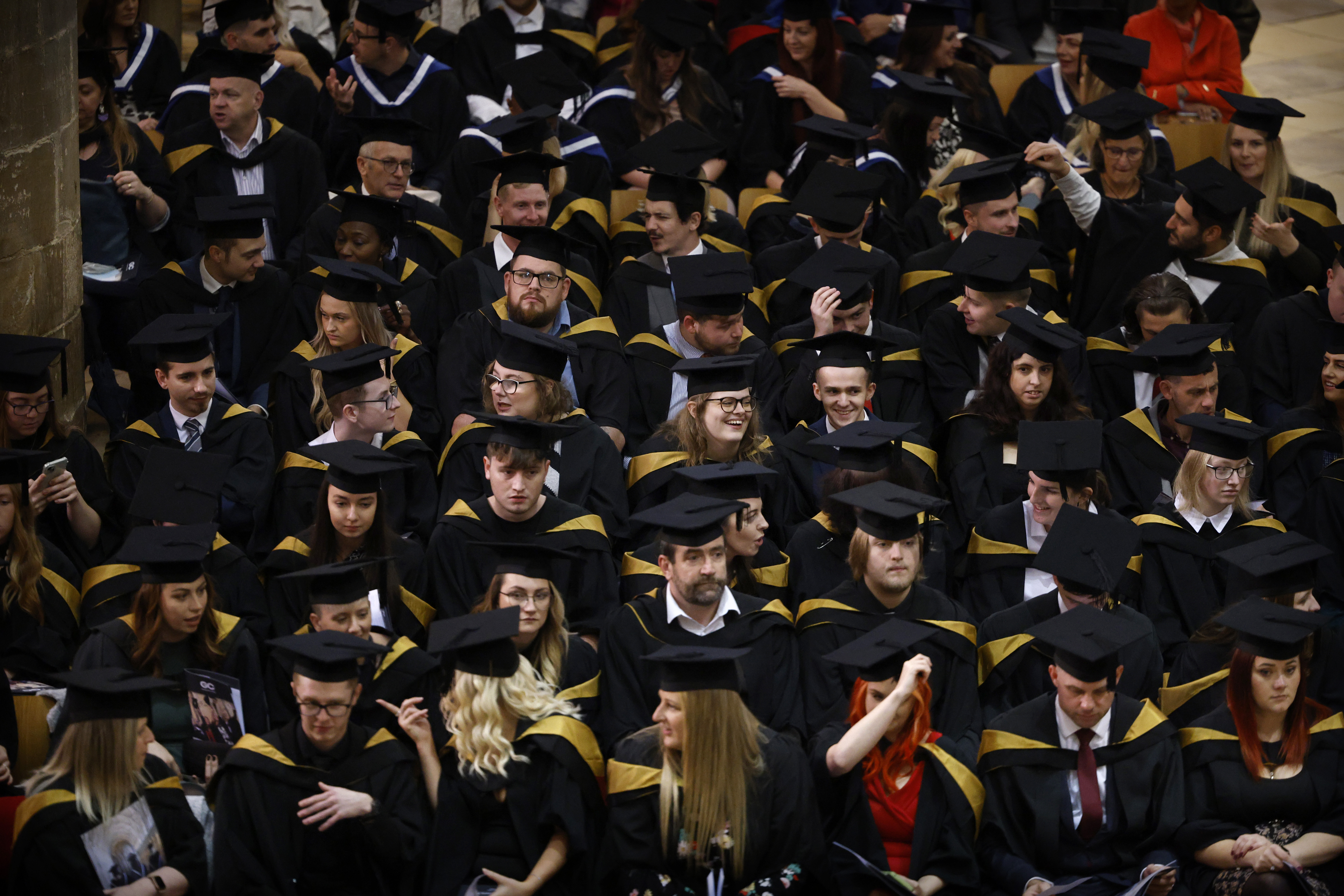4TH JAN 2023
Careers in the Creative Industries


The UK is known as a global hub of creativity for arts and media – but the creative industries cover far more areas than you may initially imagine.
With well over 2 million jobs, the creative industries are one of the fastest growing sectors in the UK. They’re currently worth over £104 billion – making it a huge part of the UK economy! From James Bond to Harry Potter and Peppa Pig, British brands have huge reach and have helped cement the UK as a global hub of creativity for arts and media – but it doesn’t stop there, and the creative industries cover far more areas than you may initially imagine.
We’ve broken down some of the subsectors that make up the UK creative industries to take a look at how you could break into a fulfilling and exciting career in a creative job.
1. Advertising and Marketing
Jobs in advertising and marketing reach across a huge range of roles, including copywriters, public relations (PR) executives, events management and creative directors. Roles in advertising and marketing often require you to have demonstrable communication and interpersonal skills, as well as great commercial or brand awareness. They can also allow you to utilise creativity and design skills whilst also requiring you to be analytical and show strategic thinking.
Working in advertising and marketing, you can earn between £22,500 and £77,800, with the average salary at Executive level being around £28,000.
Related courses:
Skills for Business (Level 2)
Business and Enterprise (Level 3)
Graphic Design (Level 3)
Digital Marketer Apprenticeship Standard (Level 3)
Marketing Assistant Apprenticeship Standard (Level 3)
Graphic Design HNC/HND
Business HNC
Marketing Executive Apprenticeship Standard (Level 4)
Business HND
2. Applied Arts and Technical Crafts
Crafts generate nearly £3.5 billion for the UK economy each year, with the wider creative industries now growing at twice the rate of the rest of the economy in the UK! British craft has never been so sought-after and craft skills are revolutionising all sorts of industries.
With careers than can cover jewellery making and weaving, to product engineering and CNC machinists, crafts truly embody a huge range of creative jobs.
Covering a huge range of jobs and locations, crafts jobs can earn you anything between £19,000 and £35,000 a year, with the average salary being around £27,000.
Related courses:
Art and Design (Level 2)
Art and Design (Level 3)
Engineering
3. Design and designer fashion
Fashion is one of the UK’s most well-known creative industries, with design jobs that cover everything from footwear, sportswear and children’s wear, as well as general clothing design. If you want to work in fashion design, you’ll need to show that you have great attention to detail, bundles of creativity and communication skills, as well as learning technical skills needed for design work.
Working in fashion you can earn starting salaries of £18,000 – going all the way up to £42,000 or more for senior designers.
Related courses:
Fashion Design (Level 3)
Fashion and Textiles HNC/HND
4. Film, TV, video, radio and photography
The film and TV industry is growing rapidly in the UK, with a record high of £5.46bn spent on film and high-end (HETV) productions for the full year 2021. That’s £1.27bn higher than the earlier peak in 2019! With jobs in production management, scriptwriting, set design, audio and videography to name a few, there’s a huge list of jobs in the industry.
Salaries in this area can vary, depending on the size of the company and size of the project. Junior level roles can range from £18,000 to £25,000, and experienced producers can earn up to £55,000. The average salary is around £35,000.
Related courses:
Media (Video, Film, TV, Journalism and Radio) (Level 2)
Photography (Digital and Traditional) (Level 2)
Creative Media Production (Level 3)
Photography (Digital and Traditional) (Level 3)
Photography HNC/HND
Creative Media Production (film) HNC/HND
Film Production with Applied Technology (Level 6)
5. IT, SOFTWARE AND COMPUTER SERVICES
You might not expect jobs in IT and software to be included in the UK creative industries, but a lot of them combine cutting-edge technology with creativity! Jobs including web development, UX design and creative software development are all a part of the UK’s creative economy, and the UK’s games industry has exploded in recent years. So, whether you’d like to create the latest apps or design characters for games, there’s a huge amount of choice if you’re thinking about careers in creative IT.
The average salaries in these roles are around £30,000, with salaries for experienced positions reaching from £50,000 up to around £65,000.
Related courses:
Computing (Level 2)
Digital Computer Games Design and Development (Level 3)
Software Engineering & Web App Development (Level 3)
Games Development HNC/HND
6. MUSEUMS, GALLERIES AND LIBRARIES
What do all of these have in common? They all need skilled people who can design displays and create experiences to bring ideas to life. Museums, libraries and galleries are homes to a great amount of creativity and offer a huge number of roles. From coordinating projects and curating displays to managing exhibitions and designing audio and lighting to enhance visitor experiences – there are lots of ways to show off your creative flair!
Working in museums, galleries and libraries, you can expect salaries to range from £18,000 to £50,000 per year, with an average salary of £35,000 for experienced staff.
Related courses:
Art and Design (Level 2)
Skills for Business (Level 2)
Art and Design (Level 3)
Business and Enterprise (Level 3)
Creative Media Production (Level 3)
7. Music and Performing Arts
The UK is known for being home to a whole host of world-famous artists. From Adele and Ed Sheeran to David Bowie and Elton John – the British music scene has always had an enormous reach. Did you know the music and performing arts sectors contributed over £6 billion to the UK economy in 2021?
Jobs in the performance industries can vary – but whether you want to be a performer, producer, a recording engineer, a composer or a tour manager, it’s vital that you’ve got a passion for what you’re doing, and a good understanding of the technical skills needed. If you’ve got the motivation, resilience and team working skills to work in the performance industries then you could be set for a rewarding lifelong career!
Salaries in the industry can start around £24,000, with the more experienced positions paying up to £75,000. The average salary is around £35,000 a year.
Related courses:
Music (Level 2)
Performing Arts (Level 2)
Music (Level 3)
Music Production (Level 3)
Performing Arts (Performance) (Level 3)
Music HNC/HND
Performing Arts HNC/HND
Want to know more about our creative courses? Check them out today!












